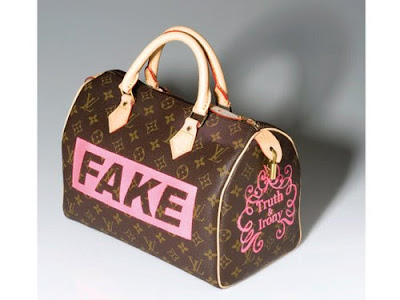Posts
Showing posts from 2015
Fashion Legallaire Goes to China: Michael Jordan Lost the Rights to His Name in China
- Get link
- X
- Other Apps
Fashion Legallaire Goes to China: What Copyright, China? No Incentive for IP in China
- Get link
- X
- Other Apps
Britain's Court of Appeals Confirms Rihanna vs Topshop (1-0)
- Get link
- X
- Other Apps

